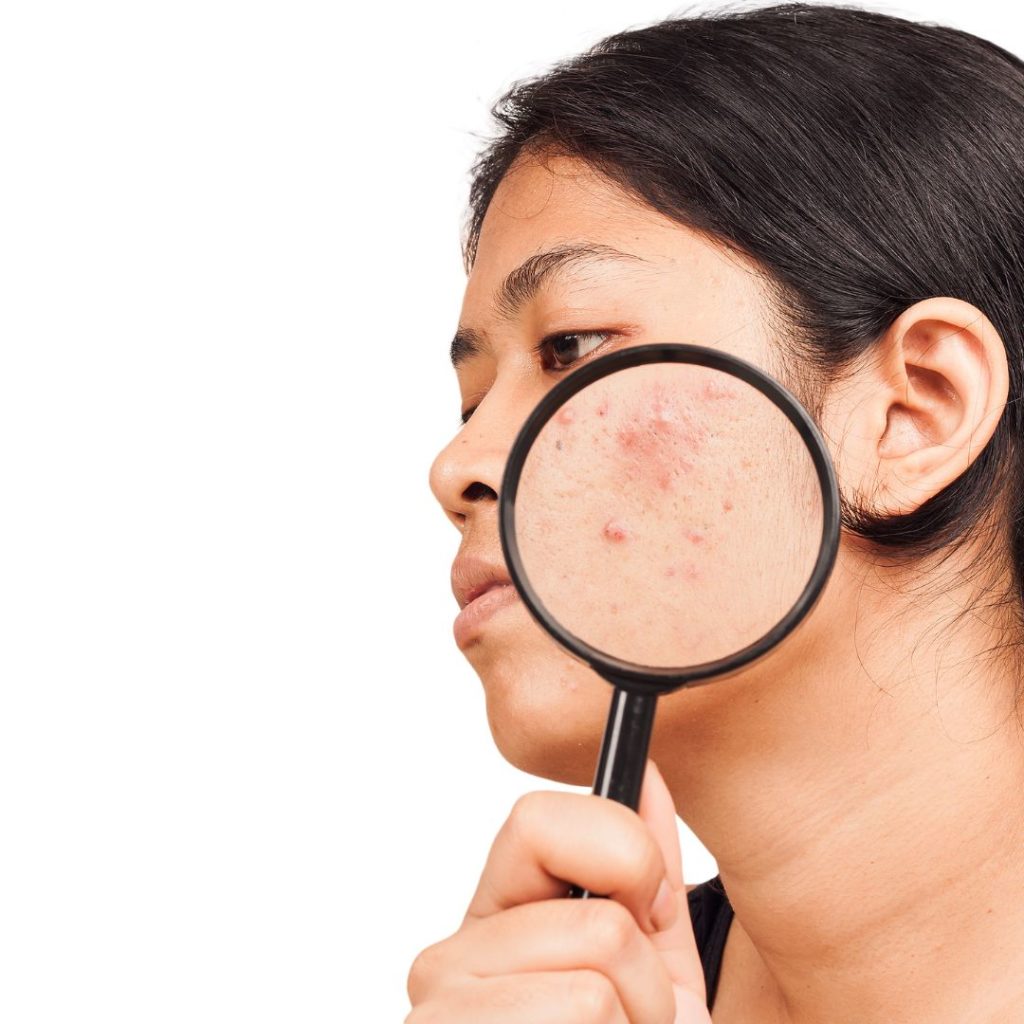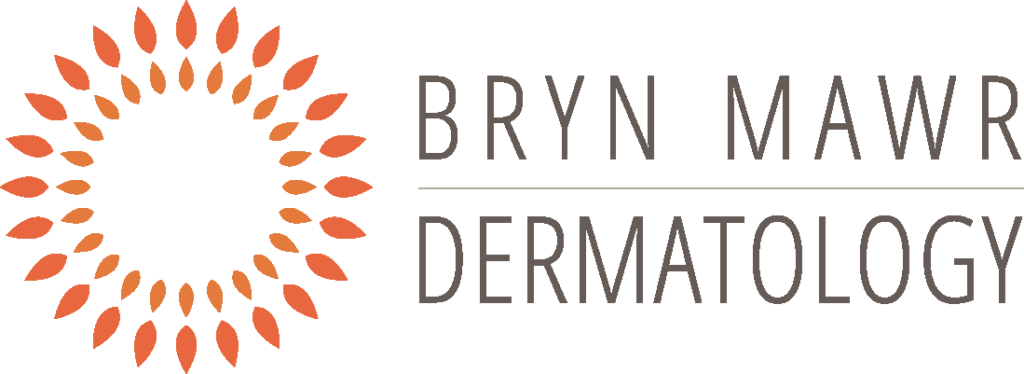Shannon Del Grande is now seeing patients in our Wayne/Chesterbrook office.
Shannon Del Grande is now seeing patients in our Wayne/Chesterbrook office.
Did you know that acne affects a staggering 85% of people between the ages of 12 and 24? Not only does acne cause physical discomfort, but it can also significantly impact one’s self-esteem. The good news is that there are numerous strategies available to help control acne and achieve clearer, healthier skin. This article will explore practical and effective methods to combat acne, providing valuable insights to support your journey towards achieving your desired skin.
While this article spells out some important information about acne, we highly recommend you read the full article, here are the key points we will focus on:

Acne is a dermatological condition that affects the skin, particularly the face, chest, and back. It is characterized by the presence of pimples, blackheads, whiteheads, and other blemishes. It occurs when hair follicles become clogged with oil and dead skin cells, leading to inflammation and the formation of acne lesions such as papules, pustules, cysts, and nodules. Acne can be a source of frustration and self-consciousness for many individuals, but understanding its causes and treatment options can help manage and control this common condition.
Several factors contribute to the development of acne. Hormonal changes play a significant role, especially during puberty, when an increase in androgen hormone levels leads to increased sebum production. This excess oil can clog pores and contribute to the formation of acne lesions. Hormonal fluctuations in women during their menstrual cycles or due to hormonal disorders can also trigger acne breakouts.
Lifestyle choices can also influence acne. Stress, lack of sleep, and poor dietary habits, such as consuming a diet high in refined sugars and unhealthy fats, have been linked to increased acne severity. Additionally, certain foods and beverages, such as dairy products and high-glycemic-index foods, may exacerbate acne symptoms in some individuals.
Age-Related Acne:
While acne can emerge at any age, it commonly begins during puberty and is prevalent among adolescents and teenagers. However, as research progresses, evidence indicates that acne can also appear or persist into adulthood, especially among women. Studies have shown that acne affects 15% or more of women aged 25 to 45, aligning with earlier findings suggesting a slightly higher prevalence among women (9.81%) than men (8.96%).
In adolescents, acne is primarily influenced by hormonal changes associated with puberty.
In adults, acne can persist or emerge later in life, often due to hormonal imbalances, pregnancy, or the use of certain medications. Adult acne tends to be more inflammatory and is most commonly linked to factors like stress, hormonal fluctuations, and underlying medical conditions.
Understanding the specific type of acne experienced at different stages of life is crucial for selecting appropriate treatment options and developing an effective skincare routine.
At Bryn Mawr Dermatology, a range of treatment options are available to address various types of acne and individual needs. Let’s explore some of the effective therapies offered:
Topical Acne Facials and Aesthetician Services
Topical acne facials and aesthetician services provided by Bryn Mawr Dermatology are designed to target and treat acne-prone skin. These treatments are performed by experienced aestheticians who specialize in skin care and acne management. Here are some of the treatments we offer:
Accutane:
Accutane is a prescription medication primarily used to treat severe acne that has not responded well to other treatments. It is a form of oral retinoid, a derivative of vitamin A, and is considered one of the most effective acne treatments available. It is typically prescribed for individuals with severe nodular acne, which is characterized by large, painful, and persistent cystic lesions. It may also be used for other forms of acne that are resistant to conventional therapies.
Oral Treatment Options:
There are several oral treatment options available for acne apart from Accutane. Here are a few commonly prescribed medications:
Laser Skin Resurfacing:
Using advanced laser skin resurfacing technology, Bryn Mawr Dermatology can precisely target damaged skin cells and stimulate collagen production, resulting in smoother and rejuvenated skin. Following are some techniques that can help reduce acne scarring:
The BMD Acne Reduction Kit has been specially designed to help teens combat acne outbreaks and follow a healthy morning and night skin regimen that enables them to reduce the intensity of acne breakouts. The BMD Acne Reduction Kit consists of the following products:
AM:
PM:
Whether you are a teenager who has recently started experiencing acne, or an adult who has suffered from harsh acne for years, Bryn Mawr Dermatology is here to provide the necessary support. This article has highlighted the range of effective acne and acne scarring treatment options Bryn Mawr Dermatology offers, including topical medications, laser therapies, light-based treatments, and personalized prescriptions. Our value proposition lies in our expertise, customized approach, advanced technology, and patient-centered care. We remain at the forefront of dermatology advancements, providing comprehensive care tailored to individual needs and prioritizing open communication with patients.
Schedule a consultation with us today, and take a step towards your acne-free journey. Contact us at 610-410-9219 or fill out our online contact form, and we will get back to you as soon as possible!

By: Bryn Mawr Dermatology, Published: June 20, 2024
Medically Reviewed By: Christine Stanko, MD, FAAD – June 20, 2024
For COSMETIC APPOINTMENTS:
For MEDICAL APPOINTMENTS: